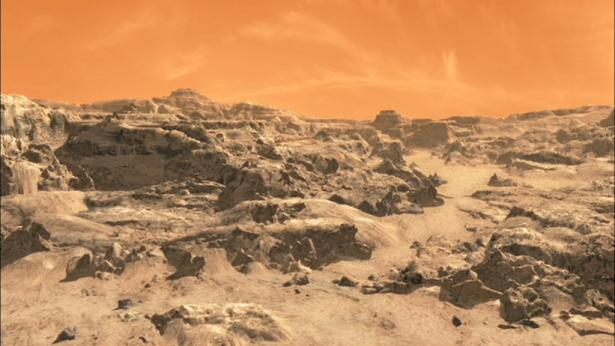A few Litverse-related things I was thinking about, after having rewatched this latest episode:
1. Mirror Georgiou's mention of having "[wiped] the Talosians and their stupid singing plants off the face of their planet" (or words to that effect) in her own universe seems to be incompatible with the Litverse Mirror Universe stories, specifically "The Greater Good" from the
Shards and Shadows anthology, which depicts the Mirror Pike still under the control of the Mirror Talosians as late as 2264, with the Terran Empire deciding to quarantine the Talos star system in that same year.
My possible retfix for this? What Mirror Georgiou
thought she experienced was simply another Talosian illusion (which would be consistent with onscreen dialogue in "The Cage" regarding the sheer ability of the Talosians to make a starship crew obey their commands), and at some point between 2257 and 2264 (after Empress Georgiou's disappearance), the empire somehow realizes that the Talosians are still around (through as-yet-unrevealed means), ultimately leading to the events of the
Shards and Shadows short story. She also would have had to have ventured to Talos IV at some point between 2254 and late 2257, after the
I.S.S. Enterprise's initial visit in that story, which could've very easily have been a follow-up investigation into Mirror Pike's original encounter there, perhaps leading to the Talosians tricking her into believing she committed genocide against their entire race.
2. The shuttlecraft computer in the previous episode ("Light and Shadows") establishes a much-narrower timeframe for the Talos IV cataclysm than described in previous canon, with the computer in the episode mentioning that the event occurred "several thousand years ago," but this is massively contradictory to both Vina's own dialogue in "The Cage" (
"War...thousands of centuries ago") as well as to
Burning Dreams, which uses the TOS onscreen figure as the basis for its estimation of approximately 200,000 years prior to the episode. That said, the DSC episode
is highly consistent with the novel with regards to its mention of a nuclear war having devastated the planetary surface, the first time a canonical source has confirmed this (though the general implication was always sorta there even way back in the 1964 episode).
3. Forests on the edge of Vulcan's Forge -- I think this is the first time that this has ever been seen (IIRC, not even ENT depicted this in its fourth season...indeed, Trip outright describes the Forge as a "hellhole"), but have any of the books (like the Sherman/Shwartz novels) mentioned something like this previously? I last reread the
Vulcan's [NOUN] series several years ago, and I can't remember anything other than pure desert separating Shi'Kahr from the Forge in those books. TAS: "Yesteryear" doesn't give any indicator of this, either.
EDIT: Just double-checked Memory Alpha, and it looks like the "Gateway" site on Vulcan (sitting at the very edge of the Forge, leading directly into it) from ENT has absolutely no visible vegetation to speak of, at least according to the screenshots I've looked at:
...So maybe the forests are simply further back in the opposite direction, "offscreen" towards the city itself?

 . Ok, I guess I'll have to grant you that. I sometimes forget about that because my first exposure to Star Trek was the movies. Though I'll admit I was a bit taken back when I saw "Friday's Child" which was the first time I saw an original series Klingon. I was like 'I don't see any Klingons'. And I know people say there were some changes to Klingons after that. But I always argued they were clearly in the same 'family'.
. Ok, I guess I'll have to grant you that. I sometimes forget about that because my first exposure to Star Trek was the movies. Though I'll admit I was a bit taken back when I saw "Friday's Child" which was the first time I saw an original series Klingon. I was like 'I don't see any Klingons'. And I know people say there were some changes to Klingons after that. But I always argued they were clearly in the same 'family'.



 . It's a right of passage for Star Trek fans to complain.
. It's a right of passage for Star Trek fans to complain.
